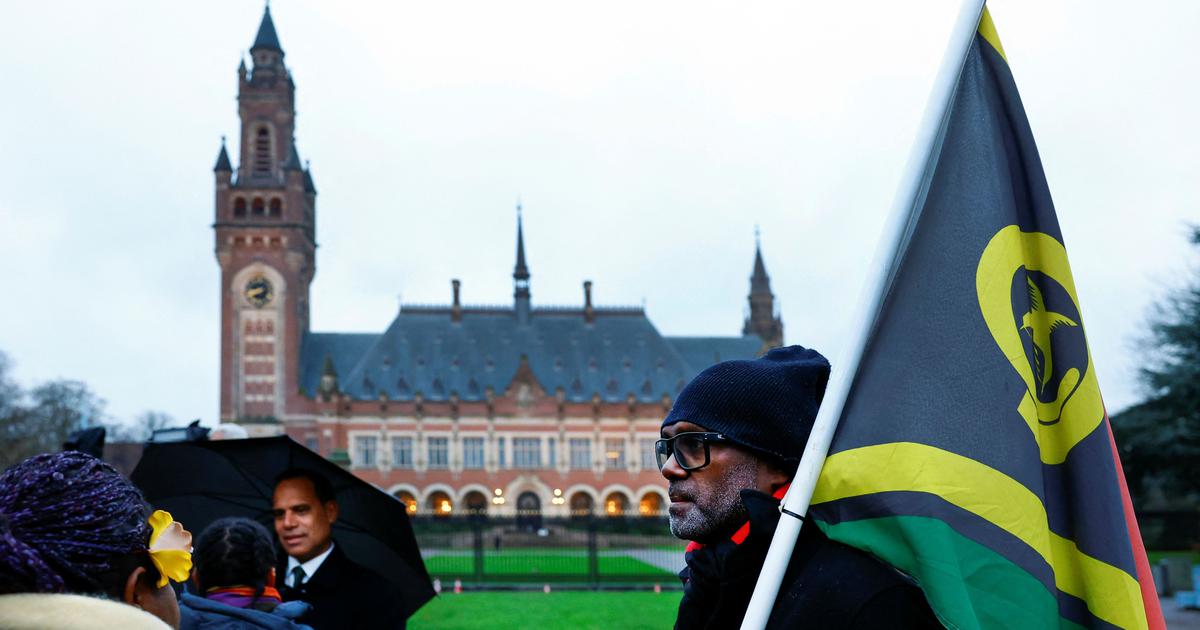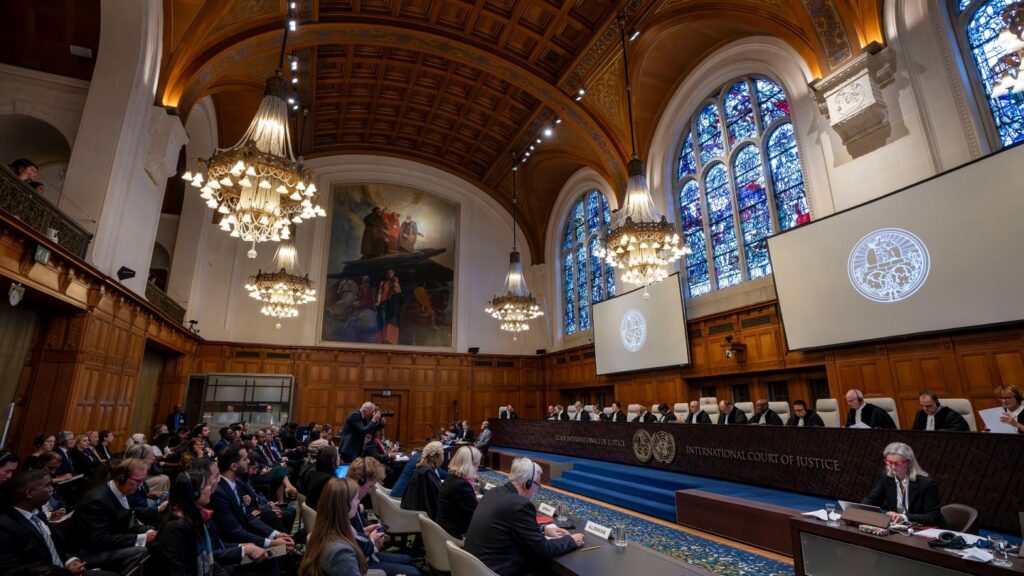The International Court of Justice (ICJ) has long been considered a key institution for resolving legal disputes between states. However, the question of whether it can deliver climate justice to the Global South remains complex and contentious.
Challenges Faced by the Global South
Countries in the Global South—many of which are developing or least developed—are disproportionately impacted by climate change. These nations contribute the least to global emissions but suffer the most from rising sea levels, extreme weather, and resource scarcity. Despite this, they often lack the legal and financial resources to seek redress or hold major emitters accountable in international courts.

Source:- BBC news
Role of the ICJ
The ICJ could, in theory, play a crucial role in providing climate justice by adjudicating legal disputes related to climate change, such as violations of international environmental law or claims of harm caused by emissions. However, the court’s jurisdiction is limited to cases brought by states that have accepted its authority in such matters. Moreover, the ICJ does not have the power to impose sanctions or compel states to pay reparations.
Source:- news 18
Legal Precedents
While the ICJ has ruled on cases involving environmental damage (e.g., the Pulp Mills case between Argentina and Uruguay), it has not yet dealt with climate change on a global scale. Additionally, the court’s decisions are often seen as influenced by the political realities of the powerful states involved, which could hinder the pursuit of climate justice for vulnerable nations.
Potential for Change
Despite these challenges, the ICJ remains a potential avenue for advocating climate justice. If more states, especially from the Global South, bring cases to the court, it could establish important legal precedents. Moreover, ongoing efforts to strengthen international climate agreements, such as the Paris Agreement, could provide the ICJ with a stronger framework to support climate justice.
In conclusion, while the ICJ could offer legal avenues for climate justice, its ability to effect change will depend on political will, legal frameworks, and the active involvement of the Global South.
Share your views in the comments

